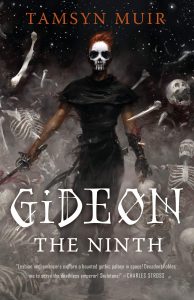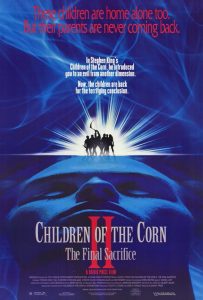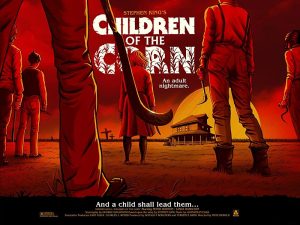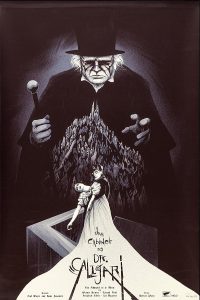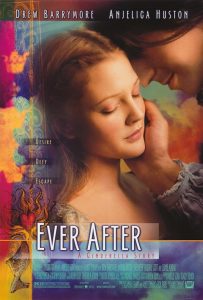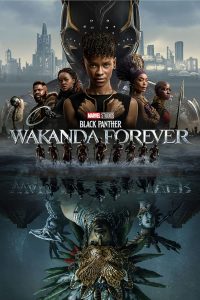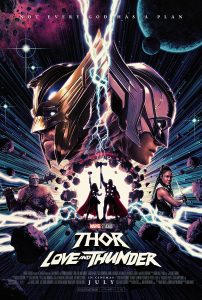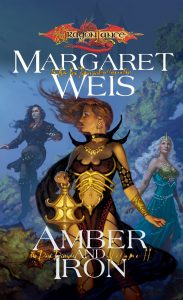 So hey, we watched another one of the weeks of that “watch a movie genre we pick with a film you’ve never seen” challenge thingy, probably from early November? That week’s theme was Road Movies, and we decided upon Mad Max. Which, I was thinking this whole time the theme was road trips, and I wasn’t really seeing that until the last third, but as just a road movie, yep, they spend almost the whole time on roads, so that checks out.
So hey, we watched another one of the weeks of that “watch a movie genre we pick with a film you’ve never seen” challenge thingy, probably from early November? That week’s theme was Road Movies, and we decided upon Mad Max. Which, I was thinking this whole time the theme was road trips, and I wasn’t really seeing that until the last third, but as just a road movie, yep, they spend almost the whole time on roads, so that checks out.
Max (you’re not going to believe this) Rockatansky is a cop in what all of the film’s advertising / copy will have you believe is a post-apocalyptic hellscape after a recent nuclear war, but I’m sorry, the signs of this are minimal at best. But okay, let’s pretend that it’s at least possible, so when they retcon it into later movies of the series, nobody has to get angry. Anyway, he’s a cop. And his fellow cops are like 75% of the keystone variety, but he’s cool as a cucumber. Until a vengeful motorcycle gang kills his partner and stalks his family, and then he gets… yes, I’m going to say it, I really have no choice here… mad.
So here’s the thing. It’s not a bad movie. But it is badly advertised[1], has huge pacing problems, an anticlimactic, er, climax, and the payoff on the title is just horrible[3]. It’s a mediocre ’70s car chase movie, in a decade where that art form was perfected. I have to say, I don’t understand how they ended up with sequels, even though I’m glad they did.
[1] Or, if you prefer, it’s terrible at showing post-apocalypse. Like, there are hints here and there that I could see if I squinted at them[2]. Note: spoilers in footnote 2
[2] Note: spoilers here. Like, there was the one “danger don’t go here” death sign, but it had regular traffic on the road beyond. And there was the one gas siphoning from a fuel truck chase scene, but honestly, the bikers could have just been criminals. (There’s other evidence of this, I promise.) The “Halls of Justice” thing and the pretty uncommon breed of police, they hint at something. And the scene with Max’s mostly dead wife, it seemed like the doctors were planning to harvest all her organs without clueing in her husband that she was gonna die, and that was sketchy. So like, is the world falling apart at the seams? Probably! But it’s only barely obvious, and even less so that nukes were why.
[3] That’s not fair. It was actually excellent as a cinematic moment, and apparently Max inspired Saw?? But the biker’s dialogue surrounding the moment was wretched.
